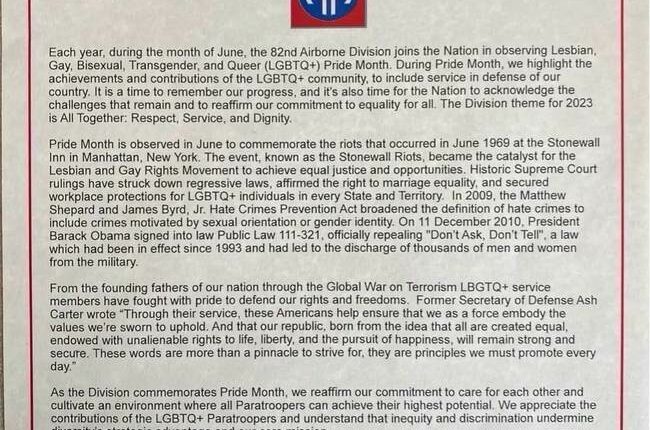Share this @internewscast.com
In the iconic film “White Christmas,” a song poses a poignant question about the fate of numerous unemployed military generals following WWII’s downsizing. Fast forward to today, and a more significant concern arises: what should be done about generals whose loyalties appear more aligned with personal ambitions and preserving their institutions than with upholding the Constitution?
During the peak of World War II, the United States managed a global conflict with only seven four-star generals overseeing a force exceeding 12 million troops. In stark contrast, today’s active-duty military consists of about 1.4 million personnel but includes 44 four-star officers. These top-ranking officials have often advanced by either passively accepting or actively supporting radical social agendas that critics argue could undermine the nation from within. While some have quietly retired, as seen in 2025, many remain in positions of significant influence despite actions that some believe betray their constitutional oaths.
Lt. Gen. Chris Laneve is a notable figure in this ongoing debate. He not only enforced a range of controversial COVID regulations but also, as a division commander, endorsed a 2023 “Pride Month” letter. This document offered a contentious interpretation of American history.
The letter stated, “From the founding fathers of our nation through the Global War on Terrorism, LGBTQ+ service members have fought with pride to defend our rights and freedoms.”
Furthermore, it echoed themes from critical theory, encouraging members of the renowned 82nd Airborne Division to view social justice as a “strategic advantage.” Laneve currently holds a significant role as the senior military assistant to the Secretary of War and is nominated for the position of Army Vice Chief of Staff. To date, he has not publicly renounced the revolutionary sentiments he previously endorsed.

Laneve currently serves as the senior military assistant to the Secretary of War, and is now nominated to become the Army’s Vice Chief of Staff. Thus far, Laneve has not publicly disavowed or distanced himself from the revolutionary viewpoint he recently celebrated.
Similarly, Gen. Kenneth Wilsbach, a staunch advocate for diversity, equity, and inclusion (DEI) initiatives, was nominated by President Trump to become the next Air Force Chief of Staff. Wilsbach consistently prioritized intersectional diversity as a key focus of his management style. Like Laneve, Wilsbach has not publicly repudiated his alignment with critical theory, leaving us no choice but to conclude that he remains committed to these divisive ideologies.
A small number of generals have been shown the door during the second Trump administration, but in subdued fashion. In 2010 Stan McChrystal was the last military general to be publicly relieved by a president. This was over things said about the Obama administration by members of McChrystal’s staff. Far worse has been said of Trump by many across the ranks in open office settings and on social media. It appears that their commanders are generally being left alone, as some generals take it upon themselves to trash their civilian superiors in press reports—the latest example showing up in The Washington Times.

















